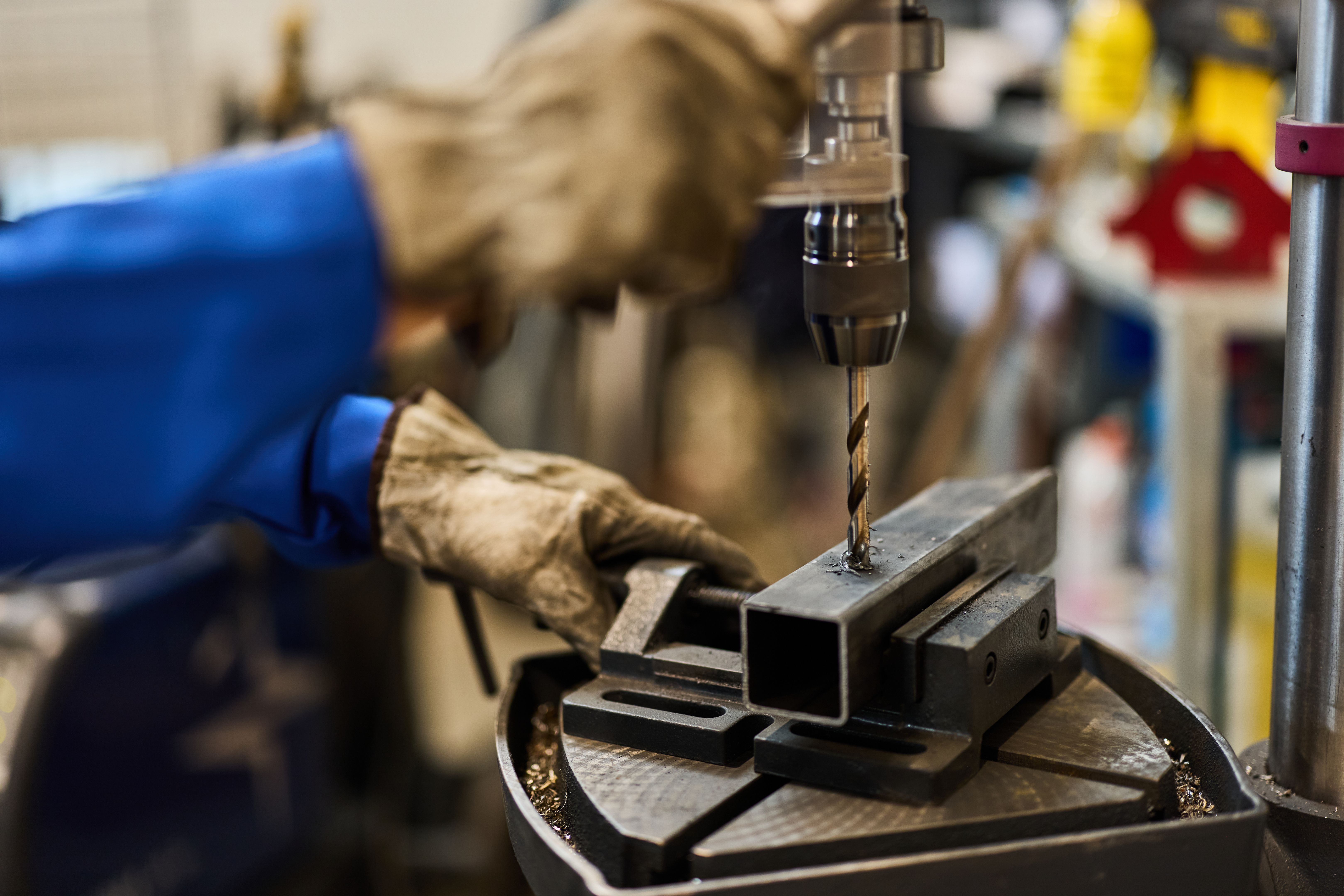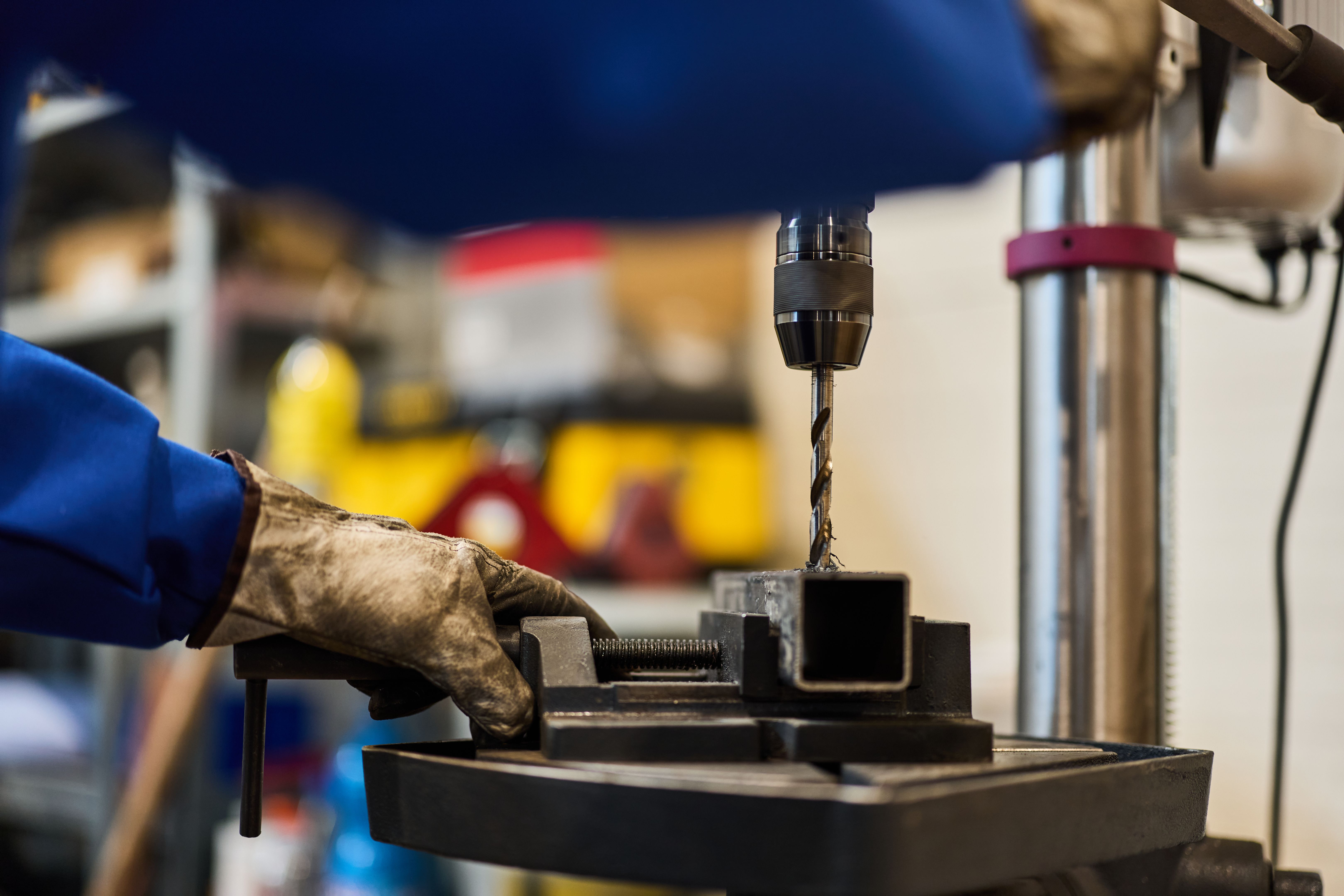Comparing Magnetic Drill with Radial Drill: Features and After-Sales Service
RR
Introduction to Drilling Machines
In the world of industrial drilling, choosing the right equipment is crucial for efficiency and precision. Two popular types of drilling machines are the magnetic drill and the radial drill. Each has unique features and advantages, making them suitable for different applications. Understanding their characteristics can help businesses make informed decisions.

Features of Magnetic Drills
Magnetic drills are portable and highly versatile, designed to drill holes in metal surfaces. They are equipped with a magnetic base that attaches securely to the metal, ensuring stability during operation. Here are some key features:
- Portability: Lightweight and easy to maneuver, making them ideal for on-site work.
- Accuracy: The magnetic base reduces vibrations, allowing for precise drilling.
- Flexibility: Suitable for various materials, including steel and iron.
Features of Radial Drills
Radial drills, on the other hand, are known for their robustness and ability to handle larger workpieces. They are typically used in workshops and factories. Key features include:
- Adjustability: The arm of the radial drill can move horizontally, allowing for drilling at different angles.
- Power: Stronger motors enable the handling of larger and thicker materials.
- Precision: Ideal for repetitive tasks requiring exact measurements.

Comparing Performance and Application
When comparing the performance of magnetic and radial drills, it's essential to consider the application. Magnetic drills excel in environments where mobility and flexibility are required, such as construction sites. Radial drills, with their powerful motors, are better suited for industrial settings where heavy-duty drilling is necessary.
After-Sales Service: A Critical Consideration
After-sales service is a vital part of the purchasing decision. Both magnetic and radial drill manufacturers offer various levels of support, including:
- Warranty: Most manufacturers provide warranties that cover parts and labor.
- Technical Support: Access to expert advice and troubleshooting.
- Maintenance Services: Regular maintenance to ensure optimal performance.

Choosing the Right Drill for Your Needs
The decision between a magnetic drill and a radial drill should be based on specific needs and applications. Consider factors such as the materials you work with, the environment, and the types of projects you undertake. Evaluating these aspects will guide you in selecting the appropriate equipment.
Conclusion
Both magnetic and radial drills offer distinct advantages, catering to various industrial requirements. By understanding their features and the after-sales support provided, businesses can invest in the right drilling machine, enhancing productivity and ensuring long-term success.